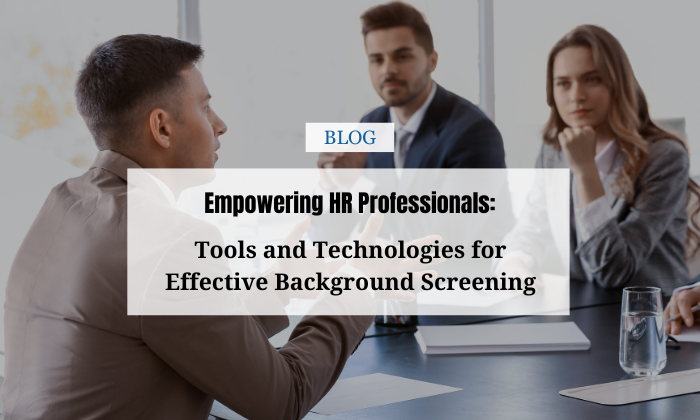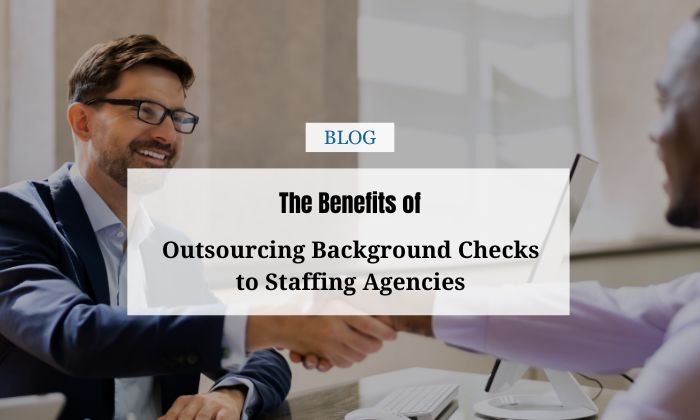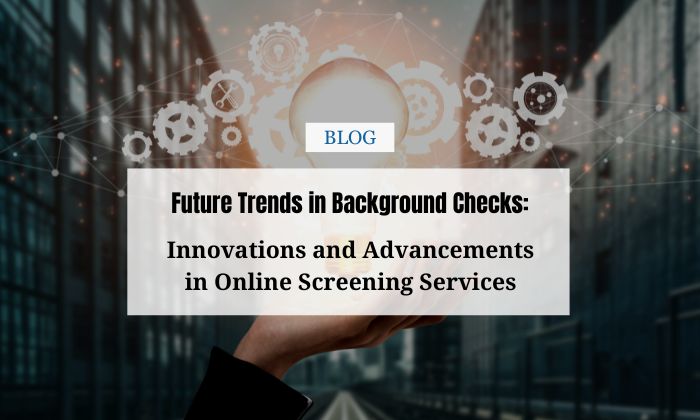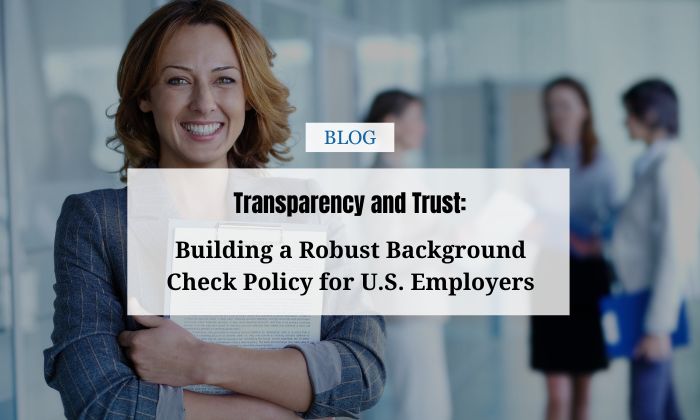What is Negligent Hiring?
Negligent hiring is the legal term for when an employer hires someone without checking their background or references, and they turn out to be unsuitable for the job. This can happen for a number of reasons, including the employer not having enough time to do a thorough background check, simply trusting the word of the applicant without verifying it, an employer being in a hurry to fill a position, or if they don’t have enough staff to do thorough checks. Negligent hiring can lead to all sorts of problems, from theft and violence at work to discrimination and sexual harassment.
In some cases, negligent hiring can lead to serious consequences for the employer. If the employee causes harm to another person while on the job, the employer may be held liable. This is why it’s so important to take the time to verify an applicant’s background and references before making a final decision.
The Consequences of Negligent Hiring
Negligent hiring occurs when an employer does not take the proper steps to ensure that their employees are safe and trustworthy. This can lead to a number of consequences, both for the employer and for the employees.
For the employer, negligent hiring can lead to civil liability if one of their employees commits a crime or is otherwise negligent in their duties. This liability can be in the form of financial damages, which can be costly to the company. In addition, negligent hiring can damage the company’s reputation and make it difficult to attract new employees.
For the employees, negligent hiring can lead to feeling unsafe at work or being put in danger by working with someone who is not properly vetted. Additionally, it can cause tension and conflict within the workplace if employees feel that their co-workers are not trustworthy.
The negligent hiring of employees can have devastating consequences for businesses, large and small. A recent study by the Society for Human Resource Management found that the average cost of a bad hire is $17,000. This number takes into account the cost of recruiting, onboarding, and training a new employee, as well as lost productivity and revenue.
In order to avoid the cost of a bad hire, companies need to invest in effective recruiting and applicant screening processes.
Consequences of another negligent hiring example is when an employee steals from their employer. This can not only cost the company money but also damage its reputation.
Negligent hiring can have severe consequences for both the victim and the company. It is important for employers to properly screen potential employees to avoid these situations.
How can Employers avoid it?
In today’s society, employers must be extra careful when hiring new employees. With the amount of information that is readily available online, there is no excuse for an employer to not do their due diligence when it comes to vetting a potential new hire.
Employers are looking for any edge they can get in order to weed out unqualified candidates. One way they’re doing this is through job screening. Job screening is the process of using pre-employment tests and assessments to identify candidates who have the skills and qualities that are necessary for success in a particular role.
There are a variety of different types of job screening tools that employers can use, including aptitude tests, personality tests, and work samples.
There are a few other key things that employers can do to avoid negligent hiring. First, they should always run a background check on every single applicant. This will help to ensure that the person they are hiring does not have any previous convictions that could potentially put their business at risk.
Second, employers should also require all applicants to provide references from previous employers or other professionals who can attest to their character and work ethic. These references can be invaluable in helping to make sure that the person you are hiring is someone who will be an asset to your company.
Finally, employers should take the time to interview each applicant thoroughly.
Applicant Screening
As the number of lawsuits related to negligent hiring continues to grow, employers are increasingly looking for ways to screen applicants in order to avoid potential liability. Although there is no surefire way to prevent all negligent hiring claims, there are some steps that employers can take to reduce their risk. Pre-screening applicants is a necessary step in the hiring process. By doing so, employers can narrow down the pool of candidates to those who are the best fit for the position.
Pre-screening applicants can save employers time and money by weeding out unqualified candidates before the interview process
One way for pre-screening applicants is to conduct a thorough background check. This should include a review of the applicant’s criminal history, as well as any prior complaints or lawsuits filed against the applicant. Employers should also consider requiring applicants to submit to a drug test, as this can help identify those with a history of substance abuse.
Another important step in avoiding negligent hiring claims is to properly train employees who will be responsible for conducting interviews and applicant screening. These employees should know how to identify red flags that may indicate an applicant could pose a risk to the company.
Checking references
Negligent hiring is a problem that many employers face when they are looking to fill new positions. Checking references is one way to avoid hiring someone who may be unsuitable for the job.
When checking references, employers should make sure to ask questions that will give them a clear idea of the candidate’s qualifications and work ethic. They should also be sure to follow up with any red flags that come up during the reference check.
By taking the time to thoroughly check references, employers can help ensure that they are hiring the best possible candidates for their open positions. This can save them time and money in the long run, and it can help create a more positive workplace environment for everyone involved.
The importance of a good hiring policy
In today’s job market, it’s more important than ever to have a good hiring policy in place to avoid negligent hiring. This can happen when an employer fails to properly screen applicants, check references, or verify qualifications.
Negligent hiring claims are on the rise, and courts have been increasingly willing to hold employers liable for the actions of their employees. In one recent case, an employer was found liable for negligent hiring after an employee raped a customer. The court found that the employer failed to screen the employee’s background and references properly.
To avoid liability, employers need to take care in applicant screening and selecting employees.
How Securecheck360 can help you
In today’s world, a company’s most important asset is its people. The right employees can take your business to new levels of success, while the wrong employees can lead to legal trouble and financial ruin. That’s why it’s so important to carefully screen all job applicants using a tool like Securecheck360.
Securecheck360 is a powerful online screening tool that can help you avoid hiring negligent employees. With Securecheck360, you can quickly and easily run criminal background checks, and credit checks, and verify employment history. This information is vital in helping you make the best hiring decisions for your company.
Negligent hiring laws are becoming more strict, and the cost of a bad hire are skyrocketing. Don’t take unnecessary risks when it comes to your company’s future – use Securecheck360 to help you avoid negligent hiring today.
Conclusion
Employers need to be aware of the risks associated with negligent hiring and take steps to avoid them. They should conduct thorough background checks on all job candidates, including references and criminal history. They should also have a clear policy in place regarding what types of behaviour will not be tolerated. Finally, they should make sure that all employees are properly trained on how to identify and report potential safety concerns.







